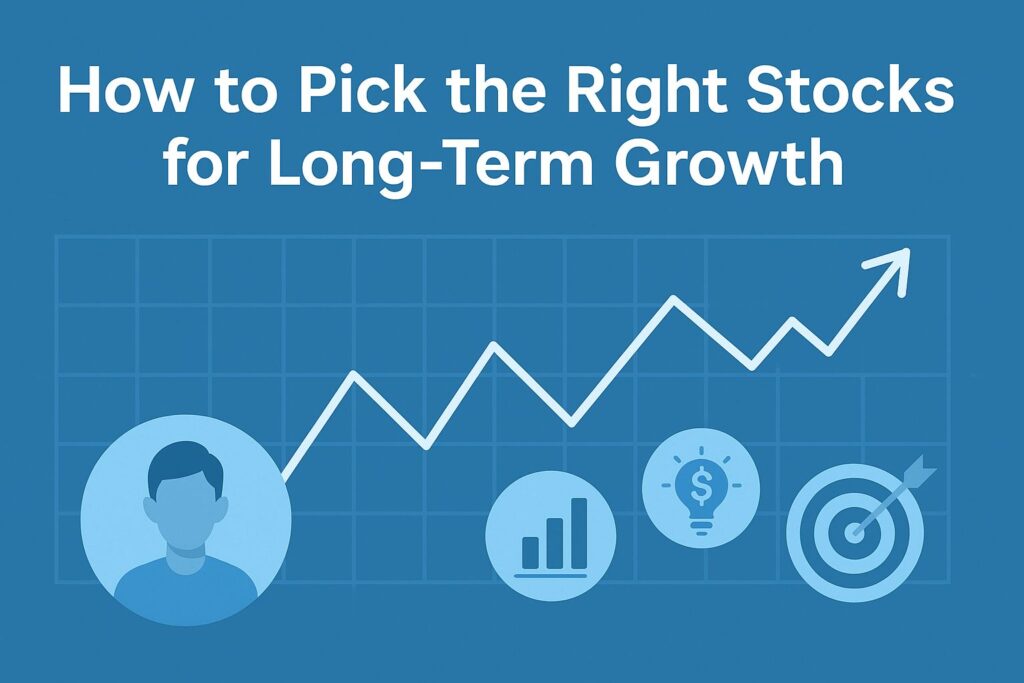Washington, July 24, 2025
The independence of the Federal Reserve is once again at the center of economic and political debate in the United States. As the country approaches the 2025 presidential election, former President Donald Trump’s recent remarks have sparked serious concerns among economists and financial experts regarding the future of U.S. monetary policy. The question on everyone’s mind: Is Fed independence at risk?
📊 A Rising Political Pressure on the Fed
In a recent Reuters poll conducted between July 17 and 23, more than 70% of economists surveyed expressed concern that the Federal Reserve’s ability to operate independently could be compromised if political pressure continues to rise. The anxiety stems from statements made by Trump, who criticized current Fed Chair Jerome Powell for not lowering interest rates quickly enough, both during his presidency and again in recent weeks.
Speaking at a rally in Michigan last week, Trump stated, “If Powell is still in charge, interest rates will remain unnecessarily high, and our economy will continue to suffer.” This statement echoed his earlier criticisms from 2018–2020, when he openly clashed with the Fed over its monetary policy decisions.
🏛️ What Is Fed Independence and Why It Matters
Fed independence refers to the Federal Reserve’s ability to make decisions based on economic data and analysis, free from political influence. This autonomy is widely viewed as essential for maintaining long term economic stability and investor confidence. When central banks are swayed by short term political goals, the consequences can be damaging including runaway inflation, market volatility, and weakened international trust in the U.S. dollar.
Jerome Powell, who has served as Fed Chair since 2018, has repeatedly emphasized the importance of data driven decision making. In a recent public statement, Powell said, “Our policy decisions are guided solely by our dual mandate: to promote maximum employment and price stability. We are committed to making those decisions without political interference.”
🧠 Historical Context and the Trump Factor
This is not the first time Fed independence has come under threat. During his previous term, Trump frequently voiced his disapproval of the Fed’s policies, even suggesting he had the authority to fire Powell a move that would have broken with decades of institutional norms. Though he never followed through, the public criticism itself set a troubling precedent.
Now, with Trump emerging as the likely Republican nominee for 2025, similar concerns are resurfacing. Financial analysts warn that a second Trump administration may exert even more pressure on the central bank to align with its fiscal agenda.
💵 Market Response and Investor Sentiment
The financial markets have responded cautiously to these developments. Following Trump’s recent comments, 10 year Treasury yields rose to 4.27%, while the U.S. dollar index experienced minor volatility. Equity markets remain stable for now, but economists note that prolonged uncertainty about the Fed’s autonomy could lead to reduced foreign investment and increased risk premiums.
According to Morgan Strategy’s chief economist Sarah Long, “Fed independence is a cornerstone of modern central banking. Undermining it for political gain would damage the credibility of the U.S. financial system in the eyes of global investors.”
🔍 Implications for Interest Rates and Consumer Credit
The Federal Reserve is scheduled to hold its next Federal Open Market Committee (FOMC) meeting on July 29–30. While most analysts expect interest rates to remain unchanged, any sign of political influence in the Fed’s policy decisions could affect consumer lending rates, mortgage costs, and the broader credit environment.
If the Fed is pressured into keeping rates lower than necessary to combat inflation, the long-term effects could include higher housing prices, weaker savings yields, and a distorted bond market. Conversely, if the Fed overreacts to prove its independence, it may trigger an economic slowdown.
🌎 Global Ramifications
The issue of Fed independence is not just a domestic concern it has global implications. The U.S. dollar serves as the world’s primary reserve currency, and confidence in its stability is deeply tied to perceptions of America’s institutional integrity.
Emerging markets that rely on dollar denominated debt could face capital outflows if investors lose faith in the Fed’s credibility. Moreover, central banks around the world often model their policy frameworks on the Federal Reserve, making its independence a global benchmark.
📢 Statements from Key Figures
Treasury Secretary Janet Yellen, while refraining from direct criticism of Trump, affirmed the importance of central bank autonomy in a press briefing earlier this week: “A free and independent Federal Reserve is crucial to the strength and resilience of the U.S. economy.”
Meanwhile, several prominent lawmakers, including Senator Elizabeth Warren and Senator Mitt Romney, have issued bipartisan statements supporting Powell’s leadership and defending the institution’s independence.
🧭 What Comes Next?
As the 2025 election cycle intensifies, Fed independence is expected to remain a flashpoint in both economic policy debates and campaign rhetoric. Financial institutions, global investors, and ordinary Americans alike will be watching closely for any signs of political overreach.
In the meantime, Powell and his colleagues at the Federal Reserve face a delicate balancing act: maintaining policy credibility while navigating increasing political scrutiny.
✅ Conclusion
The independence of the Federal Reserve is more than a bureaucratic ideal it is a foundational principle that supports economic stability, protects against political overreach, and preserves public trust. As debates heat up in Washington, safeguarding Fed independence may prove to be one of the most critical challenges facing the U.S. financial system today.


